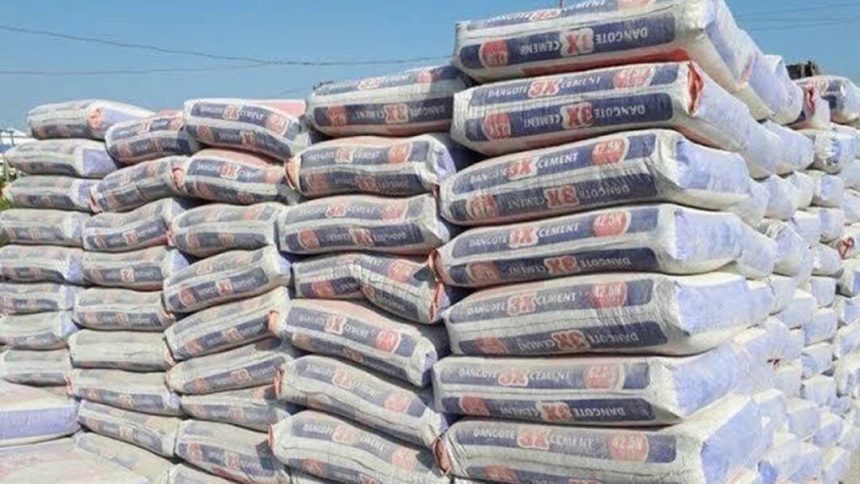The escalating cost of building materials in Nigeria is posing serious challenges to both the property sector and the government’s efforts to promote affordable housing.
Soaring prices, attributed to rising inflation and market instability, have slowed construction across the nation, with many private developers halting projects, and individuals hoping to build homes through direct labor left struggling.
A market survey reveals that the prices of essential building materials have doubled in the past year. Cement, for instance, has surged from N4,000 to N8,800 per bag, while blocks have risen from N250 to up to N600 each. Similarly, the cost of iron rods and paint has doubled, leaving many projects stalled indefinitely as developers and homeowners struggle to manage escalating budgets.

The economic strain has affected material suppliers, whose capital reserves are shrinking. Retailer Chijoke Ani explained, “My customers are mostly inquiring about prices rather than buying; they’re waiting for costs to drop before continuing their projects.”
This price surge, exacerbated by currency devaluation and energy supply issues, has forced construction firms like that of Nasiru Mohammed to pause operations and renegotiate terms with clients. A civil servant, Joshua Oluwatobi, shared his frustration, explaining that fluctuating prices make it nearly impossible for ordinary Nigerians to afford home construction. “We want the government to intervene; everything from iron rods to cement is now beyond our reach,” Oluwatobi said.
Real estate experts warn that affordable housing in Nigeria may remain unattainable unless substantial policy changes occur. Musa Ibrahim, a developer, emphasized that recent government policies have driven prices up, affecting not only property costs but also rents. “Until there is intervention to stabilize prices, affordable housing will remain a distant dream,” Ibrahim noted.

The Real Estate Developers Association of Nigeria (REDAN) also highlighted currency depreciation as a core issue, with imported building materials skyrocketing in cost due to the naira’s value drop from N460 to N1,700 per dollar within a year. REDAN’s Vice President, Osilama Osilama, urged policy revisions, including support for local manufacturing to reduce dependency on imports.
Minister of Housing and Urban Development, Ahmed Dangiwa, acknowledged the issue earlier this year, engaging with material producers to address cost concerns. He announced plans to establish regional manufacturing hubs to lower costs by promoting local production. However, the housing deficit remains high, with over 27 million units still needed, reflecting nearly 40% of Africa’s total housing shortfall.
As building costs remain a substantial barrier, Nigerians continue to call for immediate government action to make home ownership a reality rather than an elusive dream.



